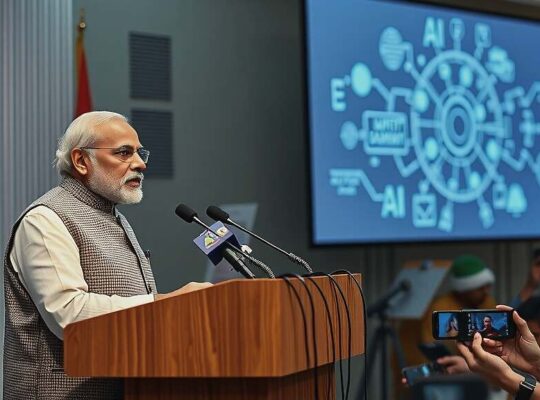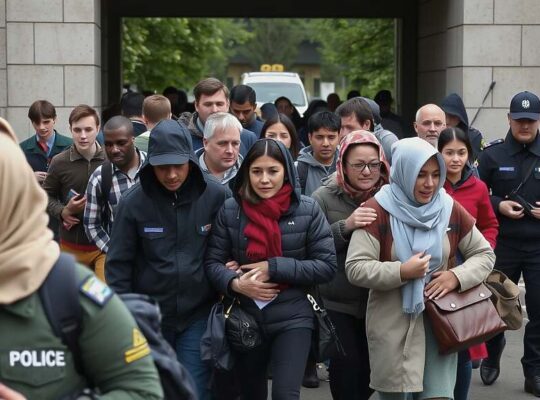Germany’s government is unveiling an ambitious plan to dramatically expand workforce upskilling and reskilling initiatives, signaling a proactive response to the disruptive forces of artificial intelligence and rapid technological shifts impacting the national labor market. The initiative, detailed in a joint commentary for the “Handelsblatt” by Labor Minister Bärbel Bas (SPD) and Family Minister Karin Prien (CDU), aims to elevate the participation rate in professional development programs to 65% by 2030. This represents an 11-percentage-point increase from current levels and positions Germany’s strategy in comparison to nations like Sweden and Finland, often cited for their forward-thinking approaches to workforce development.
The stated objective is a preventative one: to avert unemployment before it arises, a crucial consideration given anxieties surrounding AI’s potential displacement of workers across various sectors. However, the plan has already drawn criticism from some quarters, with skepticism surrounding the feasibility of such a significant increase in participation rates and questions about the level of genuine investment required to achieve it.
A key element involves redirecting funds from the “Infrastructure and Climate Neutrality” special asset to enhance the “mein NOW” (National Online Portal for Professional Development). The portal’s development aims to improve transparency and digital accessibility of training opportunities. Critics argue, however, that a purely digital solution may exacerbate existing inequalities, potentially excluding those lacking reliable internet access or digital literacy skills.
Beyond technological access, concerns are being raised about the content and relevance of the proposed training programs. While increasing the sheer volume of training is important, some analysts question whether the current framework adequately considers the future skills demands of a rapidly evolving economy, or whether it’s simply perpetuating outdated training models. The success of this initiative hinges not only on increasing participation, but on ensuring that the offered skills genuinely equip the workforce for the challenges and opportunities that lie ahead, moving beyond a simple numbers-driven approach to a strategically relevant and impactful overhaul of the German vocational training system.












